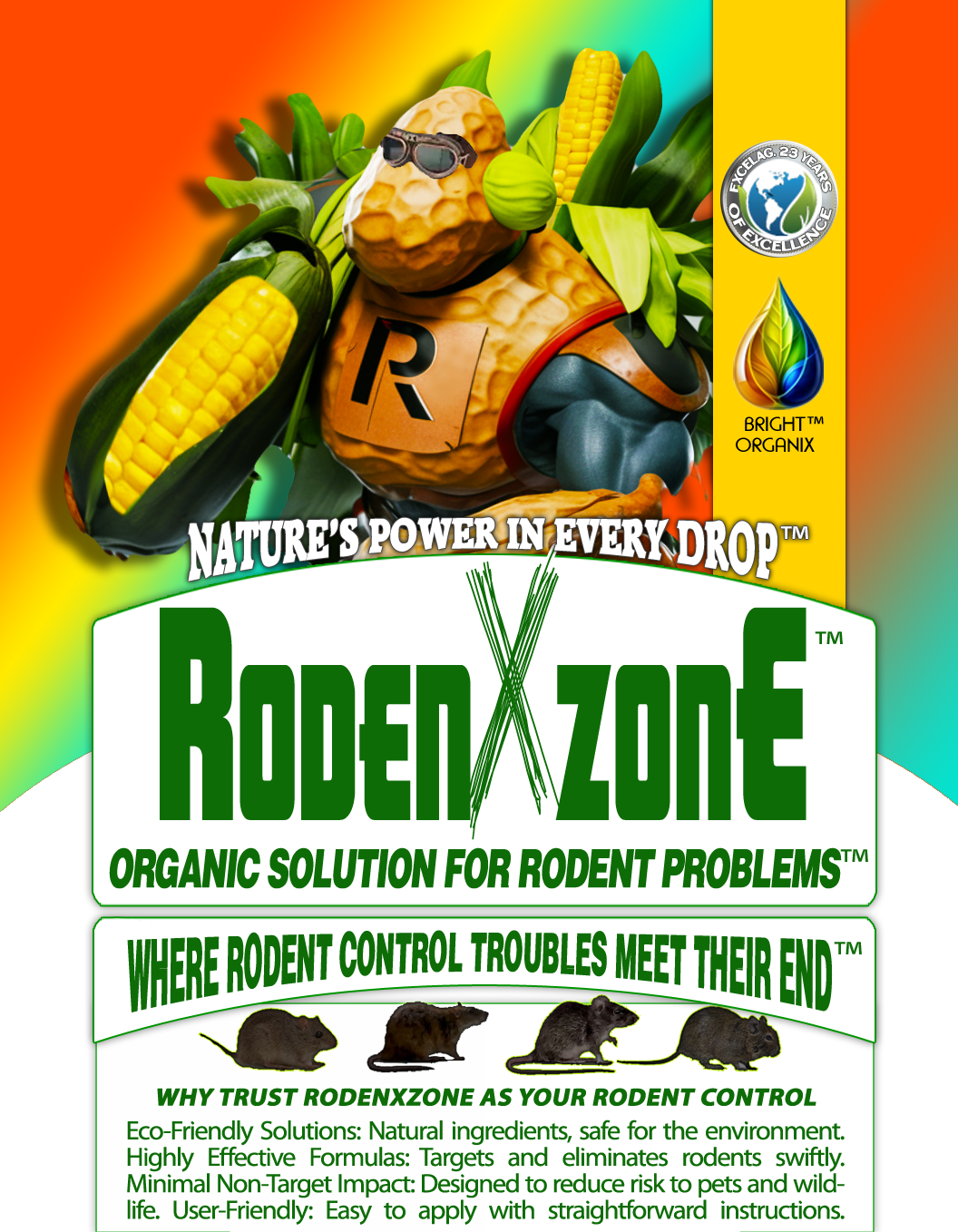**Roof Rat** (Rattus rattus) is classified as a pest. Here is detailed information about them:
– **Category**: Pest
– **Description**: Roof rats, also known as black rats or ship rats, are slender and agile rodents with long tails, large ears, and pointed snouts. They are typically smaller and more slender than Norway rats, with adults measuring about 6-8 inches in body length, not including the tail, which is usually longer than the head and body combined. Their fur is smooth and ranges in color from black to light brown, with a lighter underside.
– **Habitat**: Roof rats are excellent climbers and are often found in elevated locations such as trees, attics, rafters, roofs, and upper levels of buildings. They are nocturnal and tend to nest above ground in places like trees, shrubs, and dense vegetation. They prefer warmer climates and are commonly found in coastal areas and ports.
– **Impact**:
– **Property Damage**: Roof rats gnaw on a variety of materials, including wood, plastic, and electrical wiring, which can lead to structural damage and increase the risk of electrical fires.
– **Food Contamination**: They contaminate food supplies and food preparation areas with their droppings, urine, and fur, leading to food spoilage and health hazards.
– **Disease Transmission**: Roof rats are vectors for several serious diseases, including leptospirosis, salmonellosis, and rat-bite fever. They can also carry parasites such as fleas, mites, and ticks, which can further spread diseases.
– **Economic Impact**: Infestations of roof rats can result in significant economic losses due to damage to buildings, electrical systems, and food supplies.
– **Control Methods**: Effective management of roof rats involves a combination of preventive measures, trapping, and, in some cases, chemical control:
– **Preventive Measures**:
– **Exclusion**: Seal entry points such as cracks, gaps, and holes in walls, roofs, and around doors and windows to prevent rats from entering buildings. Use materials like metal flashing or hardware cloth to block access.
– **Sanitation**: Keep areas clean and free of food debris, properly store food in sealed containers, and regularly dispose of garbage to reduce attractants. Remove pet food and bird feeders at night.
– **Vegetation Management**: Trim trees, shrubs, and other vegetation away from buildings to reduce nesting sites and prevent rats from accessing roofs and upper levels.
– **Trapping**:
– **Snap Traps**: Use traditional spring-loaded traps placed along runways, near nesting sites, and where rat activity is observed.
– **Live Traps**: Use humane traps to capture and relocate rats.
– **Glue Traps**: These can be used but are less humane and not recommended due to ethical concerns.
– **Chemical Control**:
– **Rodenticides**: Poison baits can be effective but should be used with caution to prevent accidental poisoning of non-target animals, pets, and children. Rodenticides should be placed in tamper-resistant bait stations.
– **Professional Pest Control**: For severe infestations or when other methods are ineffective, professional pest control services can provide integrated pest management (IPM) solutions tailored to specific situations.
In summary, **Roof rats** (Rattus rattus) are significant pests that cause property damage, contaminate food supplies, and spread diseases. Effective management requires an integrated approach that includes exclusion, sanitation, trapping, and, if necessary, chemical control to reduce rat populations and prevent infestations.
-
RodenXZone Eco-Friendly Rodenticide Rat Mouse Killer stands out due to its eco-friendly nature. It leverages organic components, making it a responsible choice for environmentally conscious consumers. Its unique blend ensures efficacy while maintaining safety and sustainability, highlighting the product’s commitment to eco-friendly pest management.
Protecting property from rodent infestations is crucial for maintaining a safe and hygienic environment. With RodenXZone™, users can effectively manage rodent populations while upholding their commitment to sustainability and environmental responsibility. RodenXZone Eco-Friendly Rodenticide Rat Mouse Killer unique formulation and organic ingredients make it a standout choice for those seeking an eco-friendly rodent control solution that doesn’t compromise on effectiveness.
Size : 1 Gal RTU - 32oz RTU - 16oz CTU

